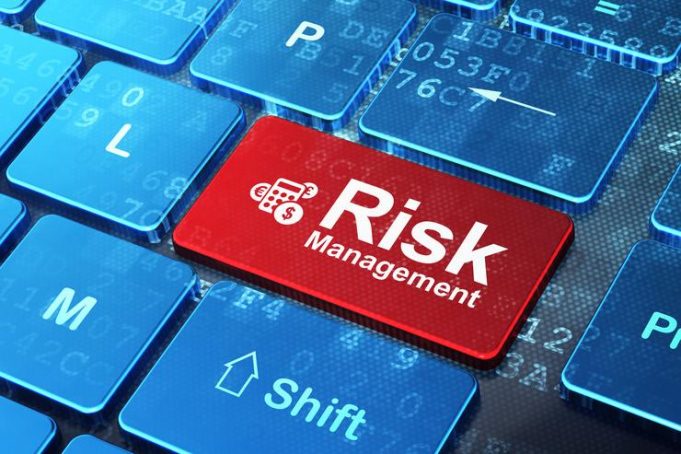Irrespective of how confident an entrepreneur is that his/her business venture will be successful, there’s always the possibility that something may go wrong. Business risks are those things that might go wrong. As an entrepreneur, you should identify inherent issues that face businesses in your industry so that you find ways of managing them.
According to Forbes, business risk management is a perpetual undertaking since you need to keep on identifying and taking note of new challenges as they emerge. In doing so, you will be able to establish an action plan that helps you manage your risks effectively.
What Does Business Risk Management Entail?
Business risk management is a strategy for evaluating potential pain points that are inherent in business systems, operations, and processes. This strategy enables entrepreneurs to prioritize, rank, and address potential issues according to their importance. You can learn more about using a risk assessment matrix to catalog and assess your own business so you can plan and address them.
With a solid strategy in place, you will minimize penalties that typically arise from unexpected incidents. You will also be able to formulate an integrated response. Likewise, having a sound strategy enables you to make informed decisions.
Today’s business world is highly dynamic, volatile, complex, and unpredictable. Entrepreneurs ought to regard business risks as an unavoidable evil, which needs to be mitigated or minimized at whatever cost. Nonetheless, you have to keep in mind that risks can either have a positive or negative impact, or both. Those with a negative impact are detrimental to the progression of your business. On the other hand, a positive impact may present exciting business opportunities to exploit.

Why is Risk Management Important to Businesses?
Risk management helps you to implement a flexible and scalable quality assurance program. In the professional world, reputation is everything. A good reputation goes a long way in providing sustainable operations.
It is an important concept that enables you to identify impact points that relate to products and services that you offer to clients. By testing and analyzing such points, you can easily make adjustments and ensure that you provide the highest-quality services and products.
Customers carry with them a fair share of possible impacts. These can include data breaches, as well as financial issues like write-offs or lawsuits. A management strategy helps you to plan for and minimize these potential issues. For instance, it can help you identify the more problematic customers who never pay for products and services on time.
You will want to be cautious when managing control over the growth of your organization. A solid plan comes in handy to startup entrepreneurs who typically face the temptation of scaling their companies as fast as possible.
Expanding alone can bring about unintended consequences as well. Many entrepreneurs tend to focus on quantity rather than quality. A suitable plan enables you to manage your company while sustainably scaling at the same time.
A business risk management strategy safeguards your company against market upheavals. Having one helps you anticipate and plan for these uncertainties without any negative implications on your organization. It helps you prevent internal issues while shielding your company against the effects of external threats, which are beyond your control.

Using a Business Risk Management Strategy to Control Risks
Accepting, avoiding, transferring, and mitigating risks helps you prevent any negative impact that they might have. Nonetheless, you shouldn’t forget that certain risks have a positive effect. Therefore, you should ask yourself about what needs to be done in such a situation. As an entrepreneur, you should maximize the potential of such impacts occurring rather than averting or transferring them to someone else. For instance, if you run an e-commerce business, and you realize that washing machines are popular and in low supply, you should exploit this opportunity in order to grow.
Exploitation is the risk management strategy that you should use in such situations. This means you should find a way of making the risk happen, or increasing its impact once it occurs. In this case, partnering with washing machine suppliers will ensure that you always have them in stock. You can increase the impact further through extra marketing to generate more interest in the washing machines.
The goal of having a strategy varies from one business to another. While some implement management plans to minimize risks or performance variability to acceptable levels or prevent unwanted surprises, others do so in pursuit of new opportunities.
Regardless of the purpose, you should always keep in mind that having a plan in place helps you steer your business in the right direction. It enables you to minimize the threat of harm to your business while leveraging the positive opportunities presented to you. Ensure that your plan is reviewed regularly so that it accommodates your needs as well as new laws and regulations.









